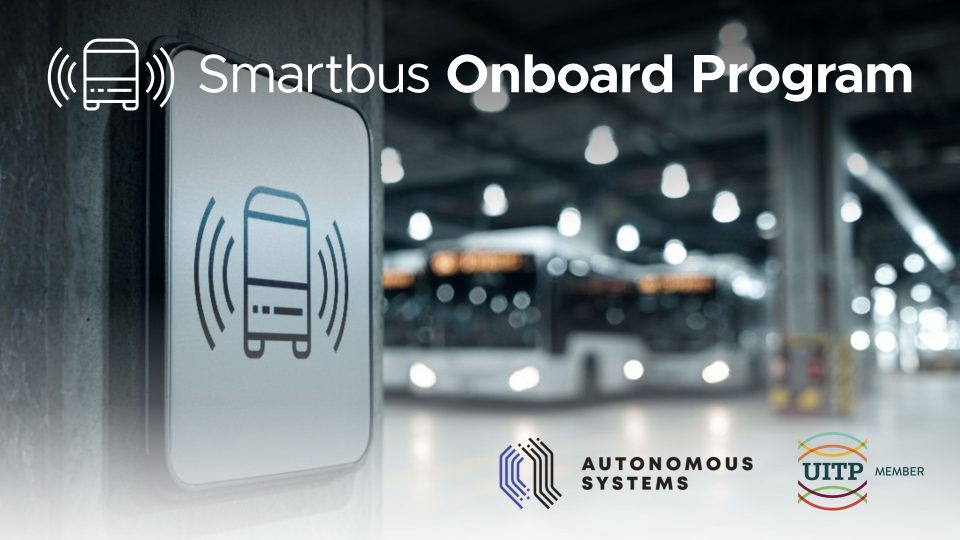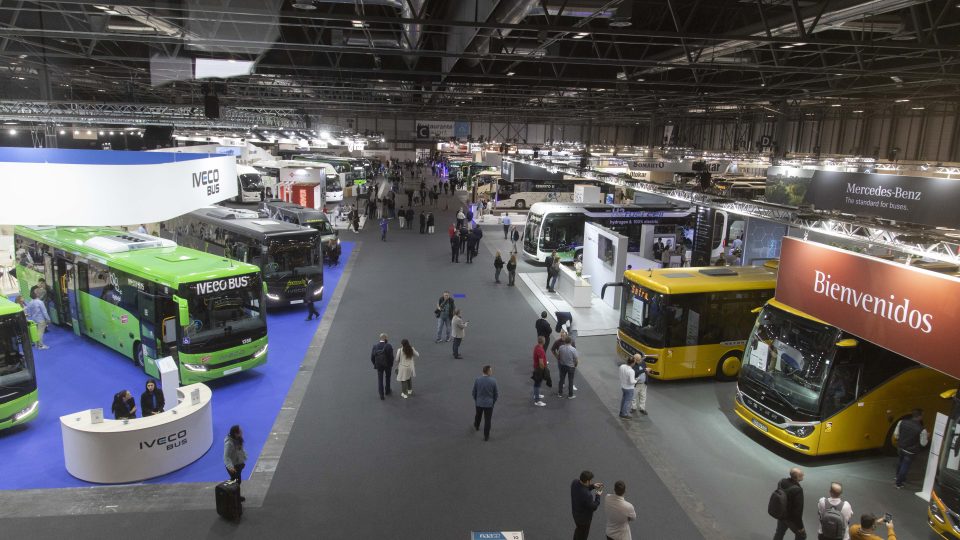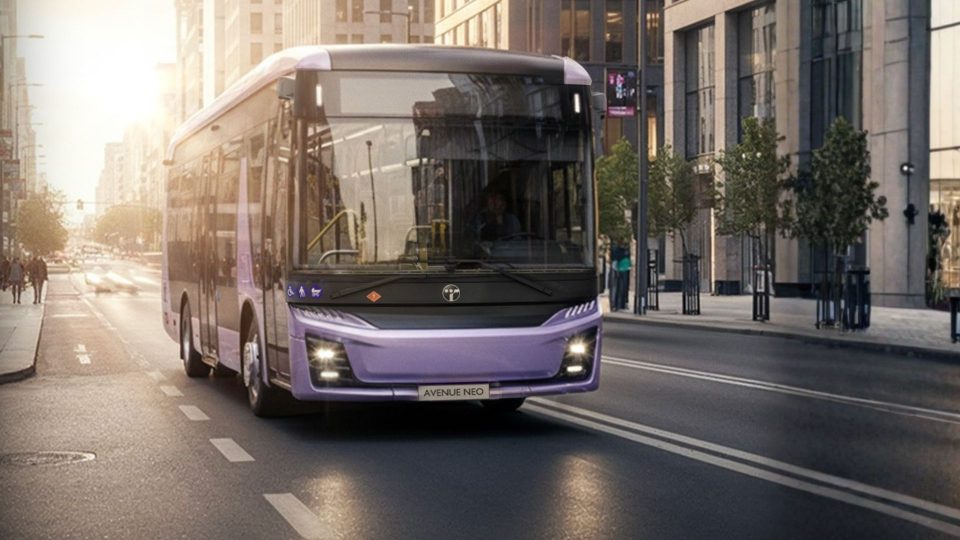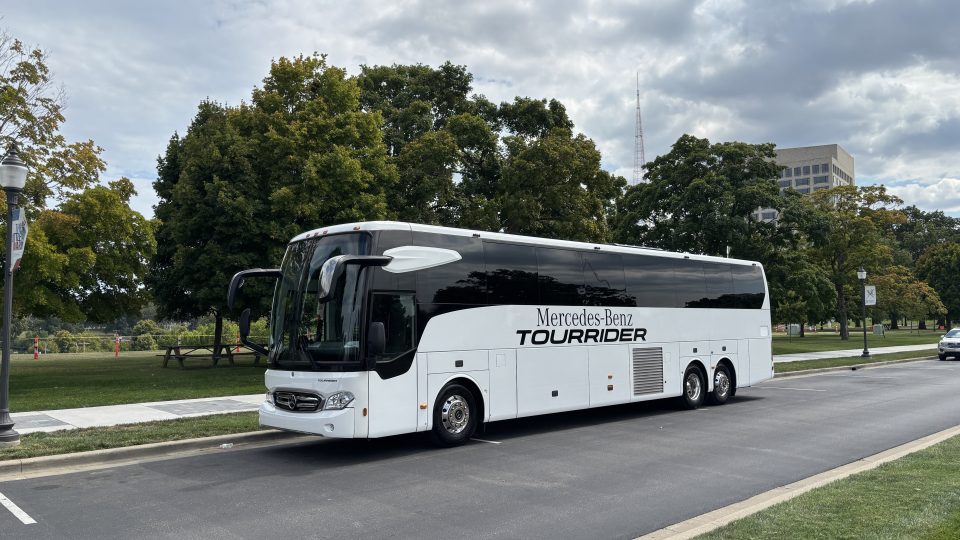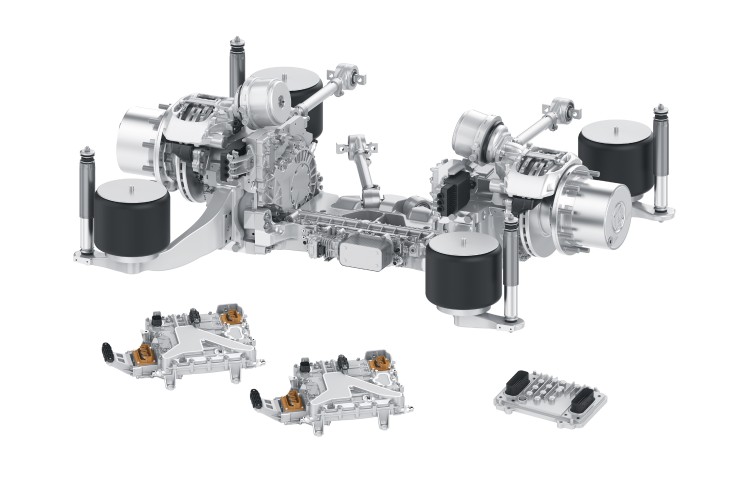Ireland doubles its e-bus fleet in one year, surpassing 200 units toward a 1,800-vehicle target by 2035
Ireland’s fleet of battery-electric buses has more than doubled in one year, rising from 96 vehicles in 2024 to over 200 in 2025, according by an article of the Irish Times quoting the Department of Transport. Operated by Bus Átha Cliath – Dublin Bus and Bus Éireann, these vehicles mark a significant step toward full […]
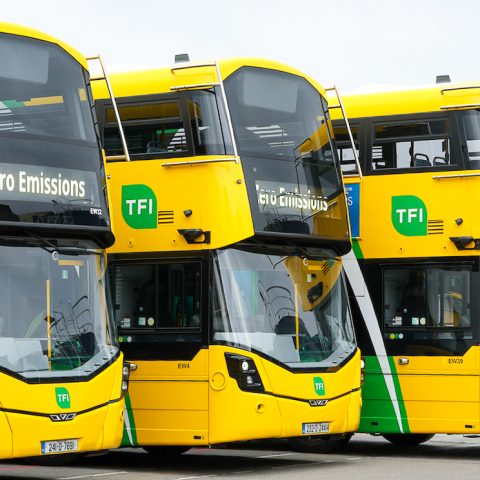
Ireland’s fleet of battery-electric buses has more than doubled in one year, rising from 96 vehicles in 2024 to over 200 in 2025, according by an article of the Irish Times quoting the Department of Transport. Operated by Bus Átha Cliath – Dublin Bus and Bus Éireann, these vehicles mark a significant step toward full fleet electrification targeted for the mid-2030s.
The Irish National Transport Authority has signed with Wrightbus a 800-units framework deal in 2022. Over 400 e-buses were said to be procured from this initiative as of July 2023, with delivery expected within two years. Infrastructure-related issues played a role in slowing down the deployment so far: as of November 2023, the e-buses ordered in 2022 had been delivered with no infrastructure to charge them due to Issues with obtaining planning permission.
Towards 1,800 electric buses in 2035
Still according to the media, the Department of Transport aims to convert the entire Public Service Obligation (PSO) urban bus fleet — approximately 1,800 vehicles — to zero-emission operation by the middle of the next decade. The plan covers services in major cities as well as routes serving suburban and regional areas. The majority of these vehicles are expected to be battery-electric, though deployment will progress in line with available funding and procurement capacity.
The rollout extends beyond major cities. Through the Sustainable Mobility Policy and the Connecting Ireland Rural Mobility Plan, smaller towns are also introducing electric buses, with Athlone cited as an early example. These initiatives integrate vehicle procurement with charging infrastructure and service redesigns to improve both environmental performance and network efficiency.
Financing is of course emerging as a key enabler. AIB, under its green finance strategy, supports operators and infrastructure providers through large-scale project funding focused on electric transport and rail. “AIB plays a key role in supporting electric transport through our green finance strategy,” explains Yvonne McCarthy, head of sustainability research at the bank, to the Irish Times.
The media quotes the Department of Transport sa saying: “Assuming a typical bus equipped with a diesel engine consumes 32,000 litres of diesel fuel annually, each battery-electric bus can prevent the release of approximately 86 tonnes of CO2 each year. This means that the battery-electric buses currently in use can reduce Ireland’s CO2 emissions by more than 17,000 tonnes per annum.”
The next technical frontier is long-distance operation. The Department acknowledges that current battery-electric coaches cannot yet substitute diesel units for Expressway-type routes, where range remains a limitation.


